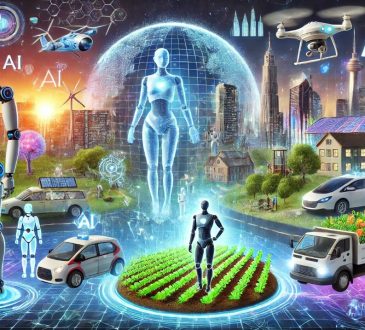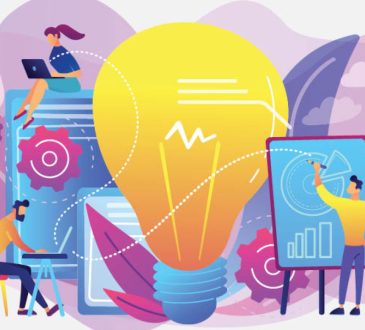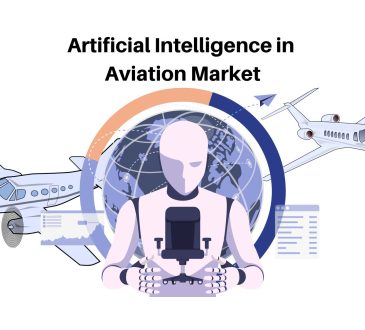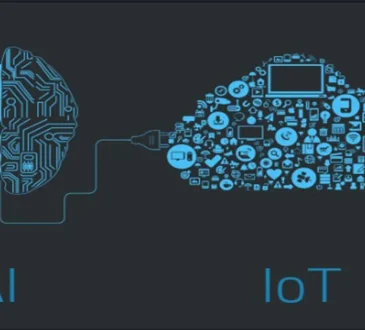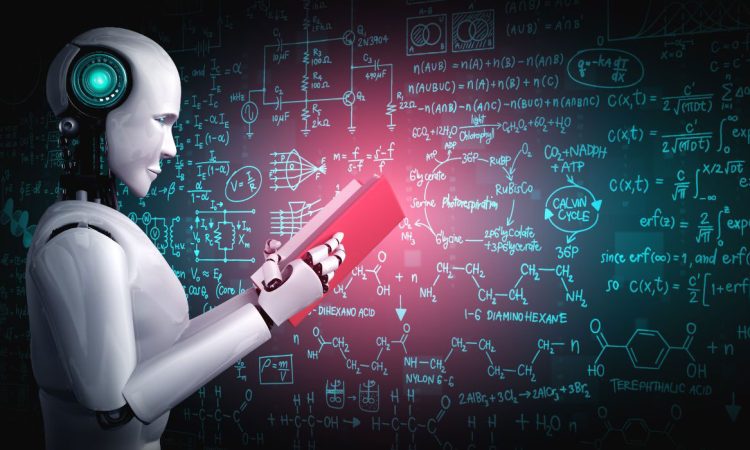
AI News of the Week – AI Today’s Top 6 Links
This week in AI news we found some interesting articles on how various industries are thinking about using AI and what they expect in return.
No End in Sight for Artificial Intelligence
Artificial Intelligence (AI) is rapidly transforming society and will have a huge impact on the workplace in the years to come. With advances in generative models and practical applications in healthcare, finance, transportation, and education, AI is not just a thing of the future—it is defining what comes next.
The AI news of the day brings together an ecosystem humming with innovation, regulatory advancements, and transformative business strategies. Here are the most important news, trends, and analysis that investors need to start their trading day:
Generative AI Gains Real-World Momentum
Generative AI has matured from an esoteric research concept to a business standard in just a few years. Businesses are using giant language models to automate customer support, distill complex documents, and write vast amounts of creative content. Top-of-the-line generative systems are being worked into the frameworks of major cloud providers, making AI accessible to small businesses without expensive infrastructure.
Among the most striking aspects of this shift is the evolution from novelty to necessity. Companies that experimented with AI as piecemeal tasks now use it for mission-critical operations.
- Marketing teams use AI to write ad copy and create graphics.
- Legal departments employ AI to review contracts and identify potential compliance issues.
This mainstream adoption is creating an influx of opportunities for AI-skilled talent and the education programs needed to train them.
AI in Healthcare: The Good
Healthcare continues to be one of the most promising and closely watched sectors for AI innovation. Recent announcements feature tools that can detect early indications of diseases like cancer and Alzheimer’s far more accurately than traditional methods. Start-ups and traditional medical-device companies are introducing AI-enabled diagnostic platforms that produce interpretations of medical imaging more rapidly and consistently than human radiologists.
AI is also working behind the scenes in hospitals to streamline operations and enhance patient care:
- Predictive analytics forecast hospital admission rates, optimizing resource allocation.
- Virtual health assistants provide 24/7 patient support and ease administrative strain.
As regulations catch up, experts say AI solutions should become more widespread in personalized medicine—treatment strategies based on genetic and lifestyle information.
Transportation and Autonomous Systems
Self-driving cars have long symbolized AI’s potential, and the latest news shows steady, measurable progress. Developers of self-driving cars and trucks are announcing broader pilot programs and better safety records. Improvements in computer vision and sensors mean vehicles are becoming increasingly capable of navigating city streets.
AI is also remaking public transportation and logistics:
- Smart traffic management systems using real-time data and predictive modeling help cities cut congestion and emissions.
- AI-powered route optimization reduces delivery times and costs for global supply chains.
These advances indicate that the path to full autonomy, though still challenging, is clearer than ever.
AI Comes to Risk and Growth in Financial Services
AI is being widely implemented in financial services to maintain competitiveness and security. Banks and trading firms are using machine learning to identify fraud, execute algorithmic trades, and offer personalized financial advice. Real-time risk assessment models now enable companies to analyze markets and consumer actions far beyond the scope of traditional analytics.
Of particular interest is the focus on explainable AI—technology designed to make complex algorithms transparent. Regulators and customers alike demand traceability in AI systems that influence credit scoring, loan approvals, and investment strategies. Financial organizations are responding with investments in AI governance frameworks to ensure fairness and accountability.
Education and Workforce Development
A quiet revolution in education is being driven by AI:
- Personalized learning systems allow students to master material at their own pace.
- Automated grading tools free teachers to focus on instruction rather than paperwork.
- AI-driven tutoring bridges gaps across subjects from mathematics to Mandarin.
In the workforce, AI is reshaping training for future careers. Governments and private organizations are rolling out programs to retrain workers in data science, machine learning, and AI ethics—preparing a new generation of professionals to design, build, and oversee complex AI systems.
Regulation and Ethical Considerations
As AI becomes more pervasive, the demand for strong governance grows. Regulators worldwide are writing rules to ensure AI is used responsibly, with recent efforts emphasizing:
- Data privacy
- Algorithmic transparency
- Bias mitigation in automated decision-making
Ethical debates are also intensifying. Key public concerns include AI’s role in surveillance, its impact on job displacement, and its contribution to misinformation. Experts stress that fairness and inclusivity must be built into AI systems from the start. Companies are increasingly adopting ethical guidelines and independent audits to align AI strategies with societal expectations.
The Hardware Behind the Innovation
Behind every AI breakthrough is powerful hardware. Specialized processors enable the complex computations required by modern AI models.
- GPUs and custom AI accelerators have become central to both data centers and edge devices.
- Hardware vendors compete to deliver ever-greater speed and energy efficiency.
Cloud providers are also building scalable, AI-ready environments, allowing startups and large enterprises to experiment with advanced AI without the expense of owning costly hardware. This accessibility fuels innovation across industries—from small creative studios to global scientific research labs.
Upcoming Trends: The Next Wave of AI
The state of AI suggests that the next wave of innovation will focus on integration and collaboration. AI will become an invisible layer embedded in everything we touch—smart homes, wearable devices, and industrial equipment.
Experts also expect a rise in multimodal AI systems that can process text, images, audio, and real-time sensor data simultaneously. Such systems could transform robotics, entertainment, and science. With a growing emphasis on sustainability—including energy-efficient training methods—this new generation of AI promises sophistication combined with social responsibility.
Final Thoughts
The most important AI stories of the day reinforce a clear message: artificial intelligence is more than a technological trend—it is a defining force of our era. From healthcare innovations to self-driving cars and smart regulation, AI is pushing industries to become smarter, more efficient, and more connected.
As technological capabilities expand, the challenge will be balancing innovation with ethics, speed with safety, and automation with human oversight. For businesses, policymakers, and everyday users, staying informed is no longer optional—it is essential. The future is coming fast, and AI is at the wheel.

